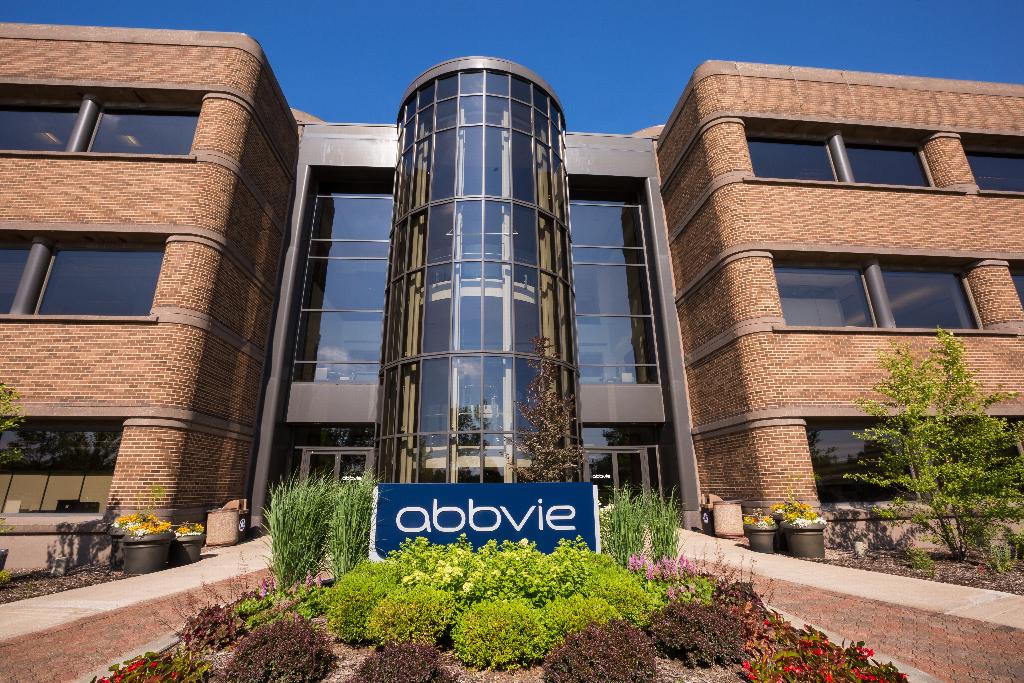FDA fast-tracks AbbVie's spinal injury drug

The FDA has fast tracked development of AbbVie’s potential spinal injury drug, elezanumab, a process that will be aided by digital analysis.
The regulator has also granted it orphan status, which cuts development costs and potentially boosts profits if approved.
Elezanumab is a monoclonal antibody that binds selectively to repulsive guidance molecule, which is known to inhibit regeneration of neurons and functional recovery following central nervous system damage.
The drug is being investigated to treat spinal cord injuries, multiple sclerosis and acute ischemic stroke, and is in phase 2 development in spinal cord injury.
AbbVie is partnering with the Shirley Ryan AbilityLab, a specialist in rehabilitation medicine, and MC10, a health digital solutions company, in a pilot study involving 20 spinal cord injury patients.
MC10 combines sensors with clinical analytics, which it uses to gain insights from physiological data that it collects.
The pilot study is due to be completed in around two months.
AbbVie is also partnering with United Spinal Association and the North American Spinal Cord Injury Consortium to support spinal cord injury awareness and incorporate insights from the patient community into its clinical research and outreach.
The company is targeting cervical spinal cord injuries, which are the most common and debilitating forms of injury with many occurring in younger people, typically male adults.
The average age at injury is 43, while spinal cord injury over the age of 65 is most often caused by a fall.
Signs and symptoms of spinal cord injuries include loss of movement; loss of sensation, including the ability to feel heat, cold and touch, loss of bowel or bladder control, exaggerated reflex activities or spasms and changes in sexual function.
Orphan designation is reserved for diseases affecting fewer than 200,000 people in the US, entitling the developer to tax credits worth 50% of the clinical drug testing cost if approved.
Developers are also eligible for market exclusivity for seven years after approval and the FDA also waives filing administration fees, which usually cost around $2.2 million.













